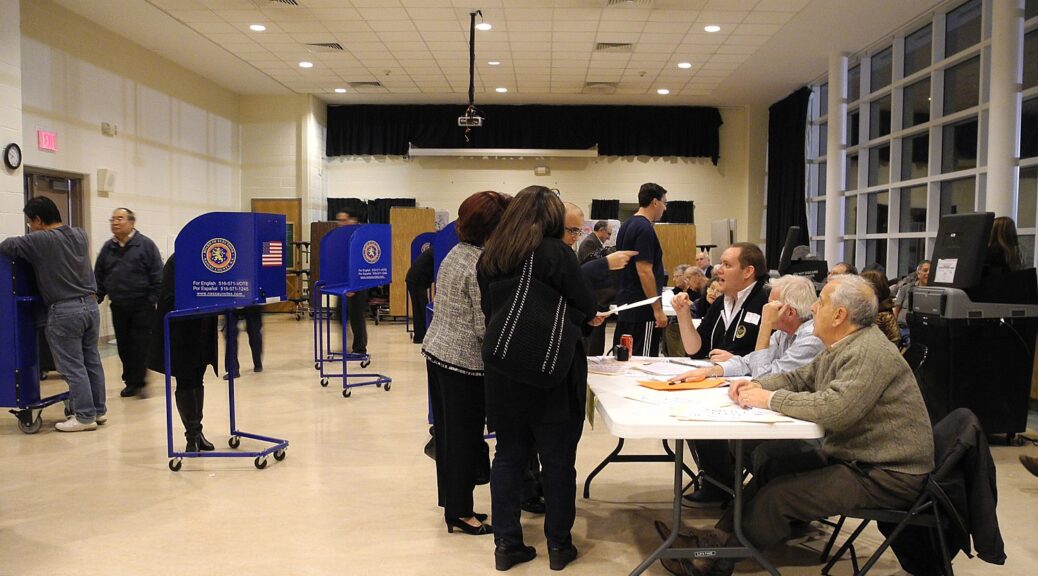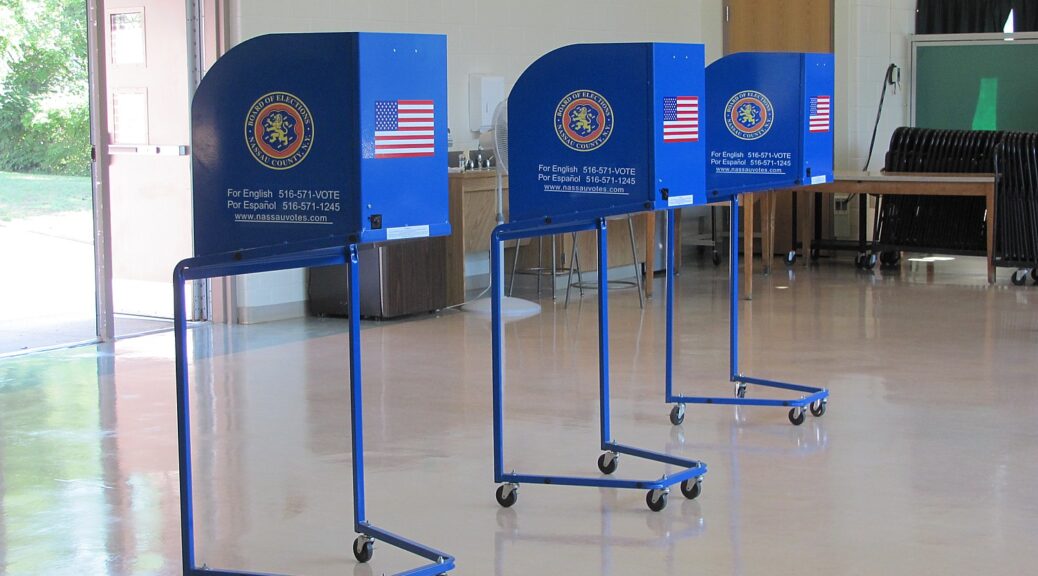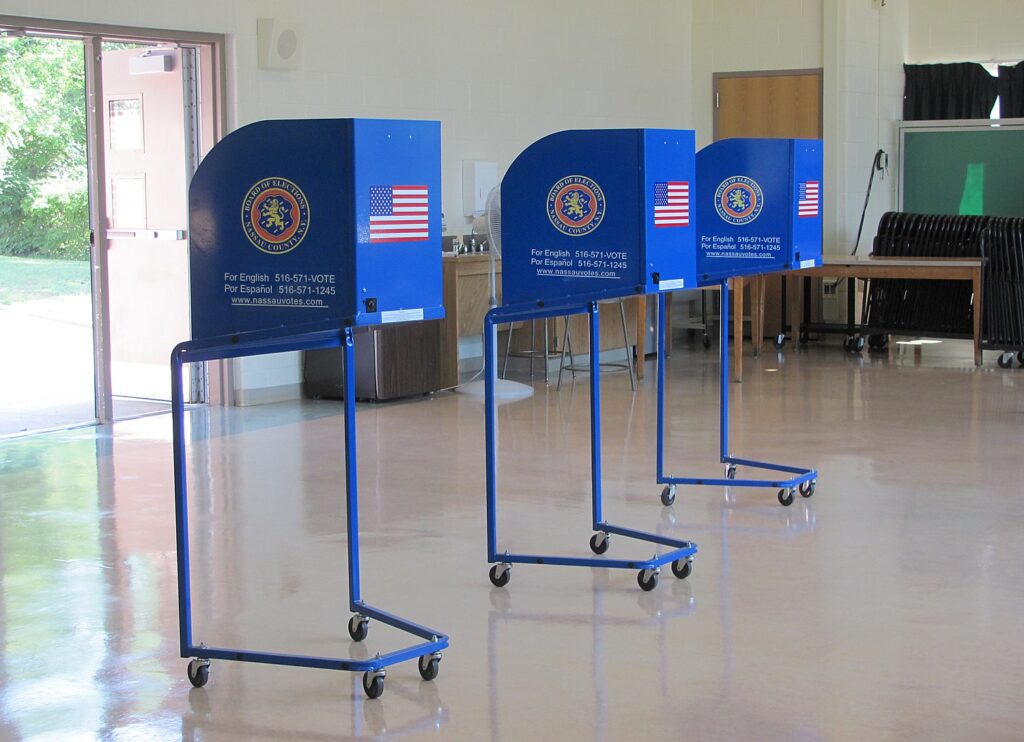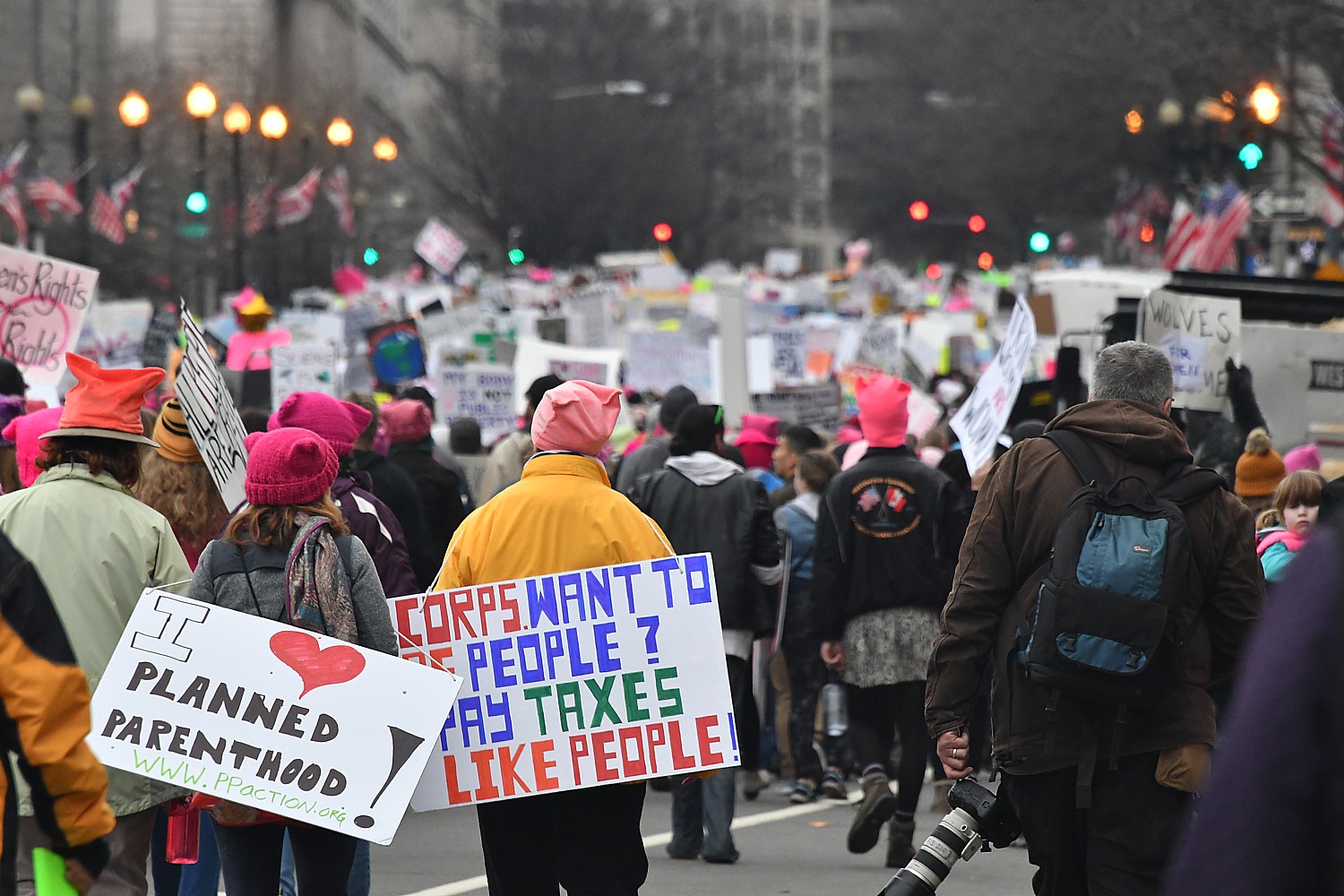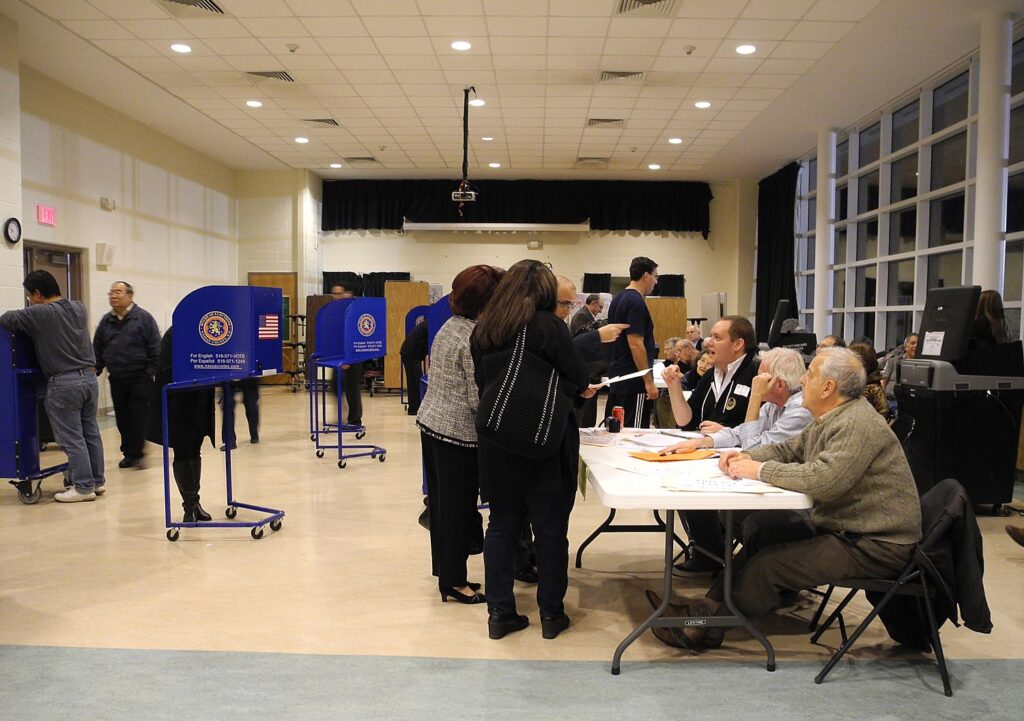
As Republicans advance laws intended to suppress voting rights, they are also impeding access to the ballot – undermining, sabotaging and reducing ballot boxes, shutting polling places on college campuses, moving polling places where they are hard to reach without a car, making it unlawful to provide food or water to people standing on line for hours on end, creating Election Police to intimidate voters, giving people false information about their ability to register, then prosecuting them for voter fraud, while ignoring actual voter fraud by those who vote “the right way.” The Biden Administration has worked to counter these efforts. On the 58th Anniversary of Bloody Sunday, the White House issued this fact sheet on its whole-of-government efforts to promote access to voting:–Karen Rubin/news-photos-features.com
Today, President Biden is traveling to Selma, Alabama to commemorate the 58th Anniversary of Bloody Sunday. In 1965, John Lewis and other civil rights leaders led peaceful protesters demanding voting rights in a march across the Edmund Pettus Bridge, where they were brutally beaten by state troopers. The Nation’s reaction to Bloody Sunday helped produce the long overdue landmark Voting Rights Act, which put in place key protections against racial discrimination in voting and sought to provide equal access to the ballot for every American.
Since their first days in office, President Biden and Vice President Harris have prioritized strengthening our democracy and protecting the sacred right to vote in free, fair, and secure elections. Unconscionably, state legislatures across the country have enacted and continue to introduce laws that make it harder to vote and undermine the will of the people. Congress must restore the protections of the Voting Rights Act and take additional steps to ensure access to the ballot box by passing the John Lewis Voting Rights Advancement Act and the Freedom to Vote Act—it’s the only way we can fully secure the right to vote in every state.
In December 2022, President Biden signed into law the Electoral Count Reform Act, which establishes clear guidelines for our system of certifying and counting electoral votes for President and Vice President, to preserve the will of the people and to protect against the type of attempts to overturn our elections that led to the January 6 insurrection. Congress must apply the same courage and conviction that it took to secure these reforms to passing the John Lewis Voting Rights Advancement Act and the Freedom to Vote Act. President Biden supports eliminating the filibuster to prevent a minority of Senators from blocking action on voting rights—when it comes to protecting majority rule in America, the majority should rule in the United States Senate.
In the meantime, the Biden-Harris Administration remains committed to using every tool at its disposal to protect the right to vote. On March 7, 2021, the anniversary of Bloody Sunday, President Biden signed an executive order directing an all-of-government effort to promote access to voting. As previously outlined, agencies continue leveraging their resources to provide Americans with access to voter registration services and nonpartisan information about elections:
- U.S. Citizenship and Immigration Services (USCIS). The ability to vote is both a right and a responsibility that comes with U.S. citizenship. The Department of Homeland Security’s USCIS strives to ensure all newly naturalized citizens understand this privilege and have the opportunity to register to vote following their naturalization ceremony. To improve and strengthen these efforts, USCIS will issue updated policy guidance to its 88 field offices to standardize and lift up best practices for voter registration services, including providing a clear roadmap for how to successfully partner with state and local election administration officials and nonpartisan organizations to provide voter registration applications to all new Americans. In Fiscal Year 2022, USCIS administered the Oath of Allegiance for 967,400 new Americans, across more than 20,000 naturalization ceremonies. Voter registration information and additional resources for newly naturalized Americans are available on the USCIS website for New U.S. Citizens.
- Department of Education. By the end of March, the Department of Education will use StudentAid.gov to help connect borrowers to voter registration services by linking to vote.gov. StudentAid.gov is the Department’s primary customer website about postsecondary education. With more than 355 million visits in 2022, StudentAid.gov provides critical information and tools for students, families, and borrowers as they prepare and plan for college, apply for and receive federal student aid, and repay student loans. Building off guidance issued in April 2022, the Department continues to encourage colleges and career schools to make good-faith efforts to register students to vote.
- Department of Agriculture. The Department of Agriculture (USDA) will enhance efforts to promote access to voting by encouraging all USDA agency field offices to make nonpartisan information about voter registration available in customer service locations, which exist across the country in thousands of rural, suburban, and urban communities.
- Indian Health Service. The Indian Health Service (IHS) will promote access to voting in Indian Country by piloting high-quality voter registration services to patients across five IHS facilities by the end 2023.
- General Services Administration. Vote.gov is now accessible in twelve languages, with more translations coming online soon, and GSA will continue working to enhance the website to make it easier for Americans to register to vote and obtain nonpartisan information about voting.
- Department of Treasury. In addition to supporting the third-party Volunteer Income Tax Assistance (VITA) partners in offering voter registration services to individuals who seek tax assistance, Treasury is now providing information about voter registration in the instructions for IRS Form 1040 and in direct mail pieces delivered to approximately 900,000 Americans who receive Social Security Benefits, Railroad Pension benefits, and federal retirement benefits.
- Department of the Interior. In 1993, Congress passed the National Voter Registration Act, which authorized states to request that federal agencies provide voter registration services. For nearly 30 years, no federal agency was designated as a voter registration agency. Last year, the Department of the Interior became the first agency to be designated as voter registration agency when two Bureau of Indian Education-operated post-secondary institutions—Haskell Indian Nations University in Kansas and the Southwestern Indian Polytechnic Institute in New Mexico—formed partnerships with state election authorities to provide the opportunity to register to vote. Additionally, because federal public lands are one of the most common touch points between the federal government and the American people, the Department will explore options to expand access to voter registration on public lands across the country.
- Department of Justice. Promoting voting access and education is an important part of preparing individuals who are exiting the criminal justice system for a successful return to society, because encouraging full citizenship helps make them stakeholders in the communities to which they return. The Department has developed a program to educate individuals about their voting rights, specific to each state and territory. The Department is also promoting access to voting for those who remain eligible to vote while in federal custody, including by putting in place procedures to facilitate voter registration and voting.
- Department of Defense. The Federal Voting Assistance Program, which works to ensure Service members and overseas citizens have access to voting, will make the Federal Post Card Application (FPCA) for voter registration or ballot request and the Federal Write-in Absentee Ballot (FWAB) available in seven languages. Additionally, in February 2023, the Department began the Effective Absentee Systems for Elections (EASE) grant program to provide state and local election offices with funding to increase the percentage of ballots successfully returned by Uniformed and Overseas Citizens Absentee Voting Act (UOCAVA) voters, reduce the failure rates for UOCAVA voters, and establish and maintain a pipeline of ideas, techniques, and best practices of election officials and the services they provide for UOCAVA voters.
- Department of State. Travel.state.gov now reflects up-to-date information on absentee voting and registration for U.S. citizens abroad. This coming year, the Department will promote Vote.gov in the waiting rooms of its 26 public passport agencies.

